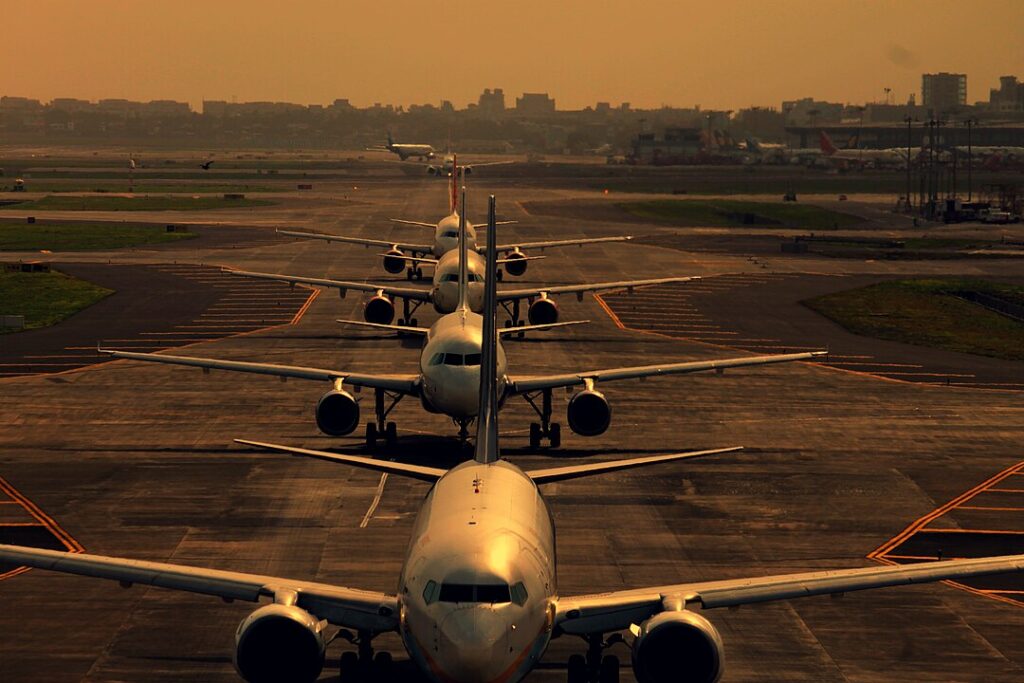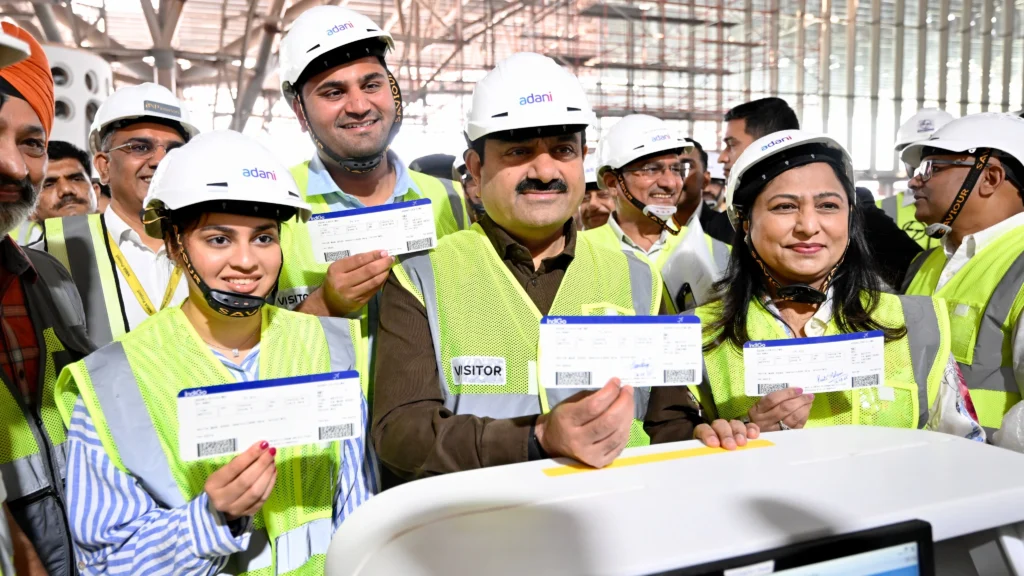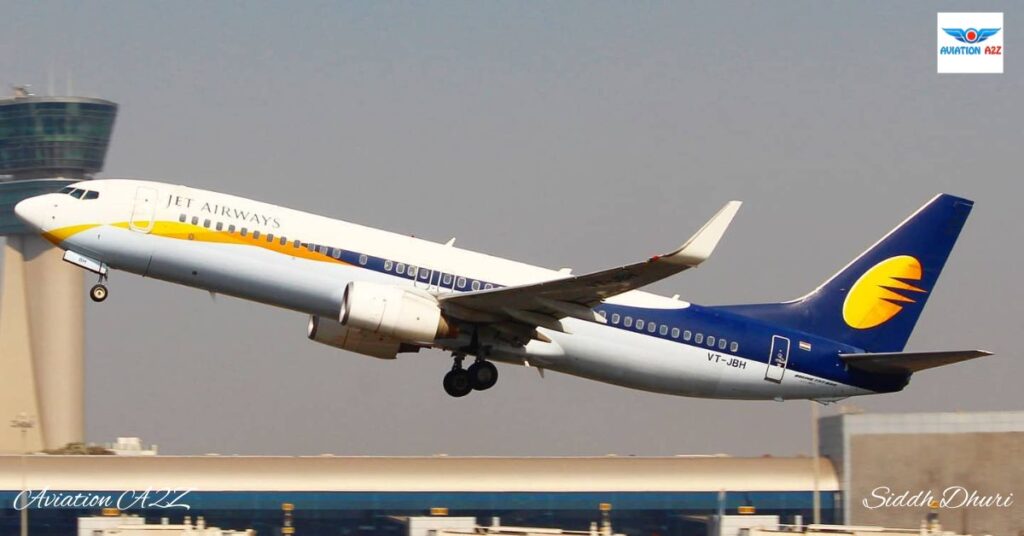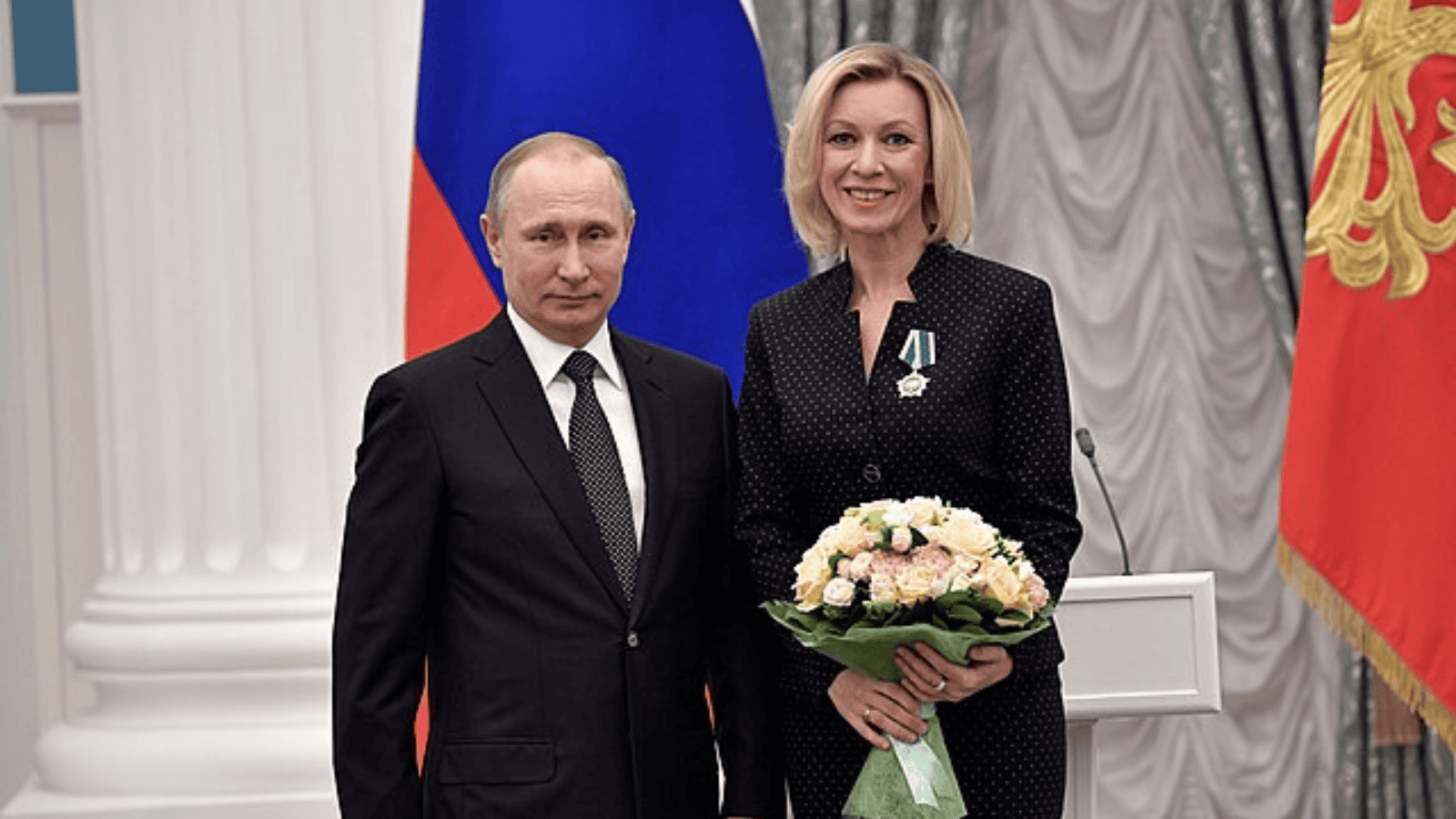
MUMBAI- The Adani Group’s Mumbai International Airport (BOM) has implemented a controversial payment policy requiring airlines to provide cash deposits instead of traditional bank guarantees for airport fees.
The decision has sparked intense opposition from major carriers IndiGo (6E) and Air India (AI), according to confidential documents reviewed by Reuters.
 By Wireman27 – Own work, CC BY-SA 4.0 | Wikimedia Commons
By Wireman27 – Own work, CC BY-SA 4.0 | Wikimedia CommonsMumbai Airport Demands
Mumbai International Airport (BOM), operated by the Adani Group, modified its payment requirements 8 months ago in October.
The airport now demands compulsory cash deposits in banks as security against charges, including landing and parking fees, abandoning the long-established practice of accepting bank guarantees.
The facility serves as one of India’s busiest airports in the country’s financial capital, handling operations for the world’s fastest-growing aviation market. Billionaire Gautam Adani’s group manages 7 airports, with Mumbai representing the largest operation under their control.
Financial Protection Measures
Arun Bansal, chief executive of Adani Airport Holdings, which holds a 74% stake in the airport, defended the policy change by citing airline payment delays and cash flow alignment needs.
He stated that airlines consistently fail to pay on time, prompting the airport to synchronise its cash flow with airline payment schedules.
“They have taken advantage of our niceness,” Bansal remarked, referencing the resistance from IndiGo (6E) and Air India (AI) since implementing the new payment system. He explained that airlines routinely delay payments beyond month-end due dates, while the airport must pay authorities earlier, creating working capital challenges that cash deposits can resolve.
 Photo: Gautam Adani
Photo: Gautam AdaniAirlines Financial Impact
The policy change significantly affects IndiGo (6E) and Air India (AI), which together control 91% of India’s aviation market.
Sources with direct knowledge estimate that the two airlines would need to deposit approximately 2 billion rupees ($23 million) combined under the new requirements!
Neither IndiGo (6E) nor Air India (AI) responded to Reuters’ queries regarding the payment policy changes.
The financial burden particularly concerns Air India (AI), owned by the Tata Group conglomerate, which recorded losses of $521 million last year while facing additional monthly costs of $50 million following Pakistan’s airspace closure to Indian airlines.
Airport Financial Pressures
Mumbai International Airport Ltd (MIAL) confronts its own financial difficulties despite serving 53 million passengers annually.
The airport posted losses of $71.11 million on revenues of $461 million last year, according to financial disclosures.
In a December 31 letter to the airline’s board, the airport justified the payment policy by highlighting its “deteriorating financial position” and “significant debt obligations.”
The facility emphasised that deposits would enhance MIAL’s financial stability and credit rating.
 Photo: Siddh Dhuri/ Mumbaiplanes, Go follow him on Instagram
Photo: Siddh Dhuri/ Mumbaiplanes, Go follow him on InstagramBankruptcy Protection
The airport’s leadership cited protection against airline bankruptcy risks as another justification for the payment changes. Bansal referenced recent collapses of carriers, including Jet Airways (9W), Go First (G8), and Kingfisher Airlines (IT), as examples of industry financial instability.
Mumbai airport (BOM) retains the authority to cancel airline slots for non-compliance with the new policy, but stated it would avoid such measures to protect passenger interests. The airport maintains enforcement capabilities while prioritising operational continuity.
IATA Contacts
The International Air Transport Association, representing both Air India (AI) and IndiGo (6E), contacted India’s civil aviation ministry in December opposing the policy change.
The organisation characterised the requirement as an attempt to use airline deposits for funding the airport’s working capital needs.
The Federation of Indian Airlines disputed the airport’s claims about airline payment timeliness in an April 2 letter. The organisation challenged contentions that carriers consistently delay payments beyond established schedules.
 Photo: Harsh Tekriwal | AvgeekwithLens
Photo: Harsh Tekriwal | AvgeekwithLensIndustry Concerns
Air India (AI) lobbied the Indian government directly, describing the aviation industry’s existing “immense financial pressure” in an April 15 letter.
The airline warned that other airports nationwide could adopt similar measures, creating widespread financial strain across the sector.
India’s civil aviation ministry, which holds a 26% stake in Mumbai airport (BOM), has not responded to Reuters’ inquiries about the payment dispute. The government’s position remains unclear as airlines and airport management continue negotiations over the controversial policy changes.
Stay tuned with us. Further, follow us on social media for the latest updates.
Join us on Telegram Group for the Latest Aviation Updates. Subsequently, follow us on Google News
Adani Group Plans ₹10,000 Crore Panvel Township Near Navi Mumbai Airport
The post Mumbai Airport Demands Cash Deposits from Air India and IndiGo appeared first on Aviation A2Z.











